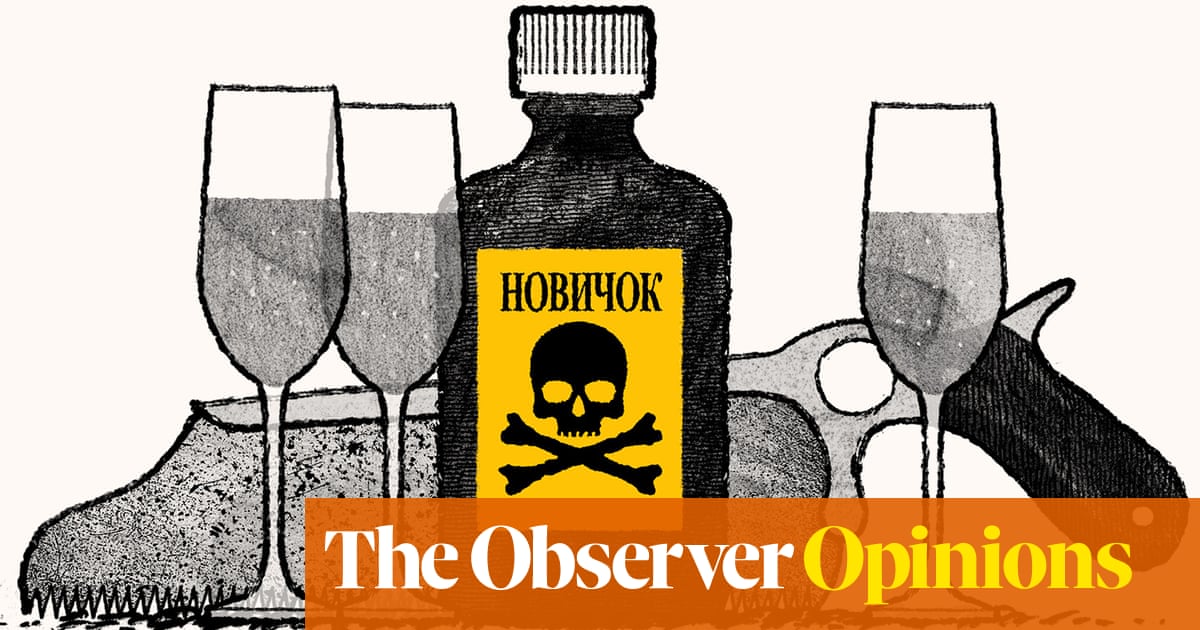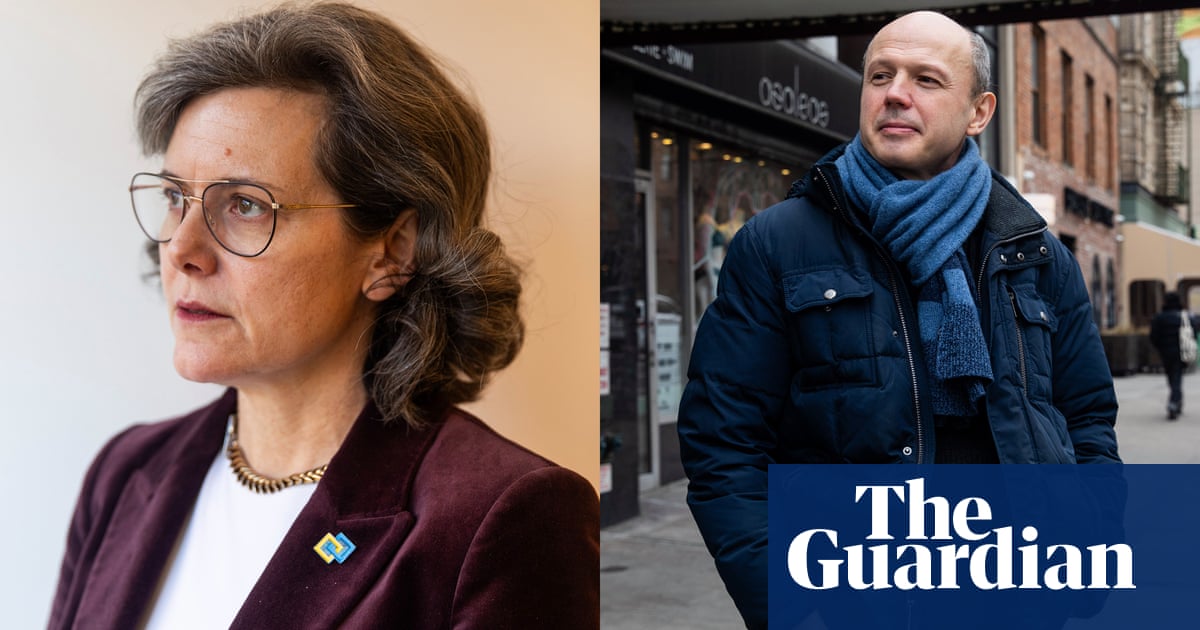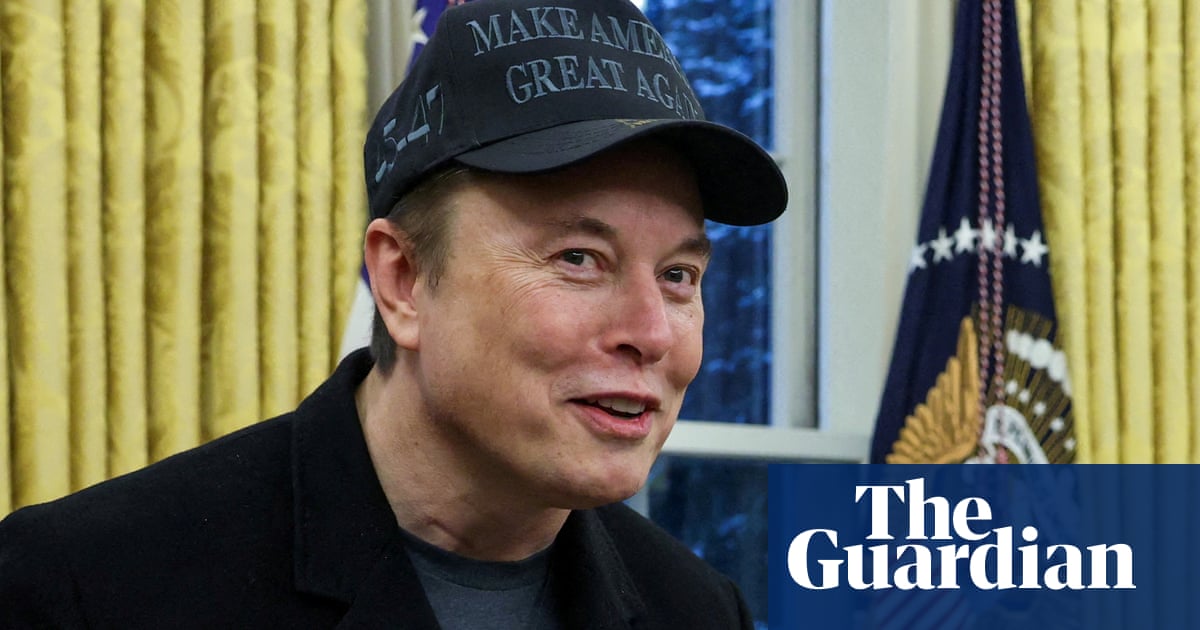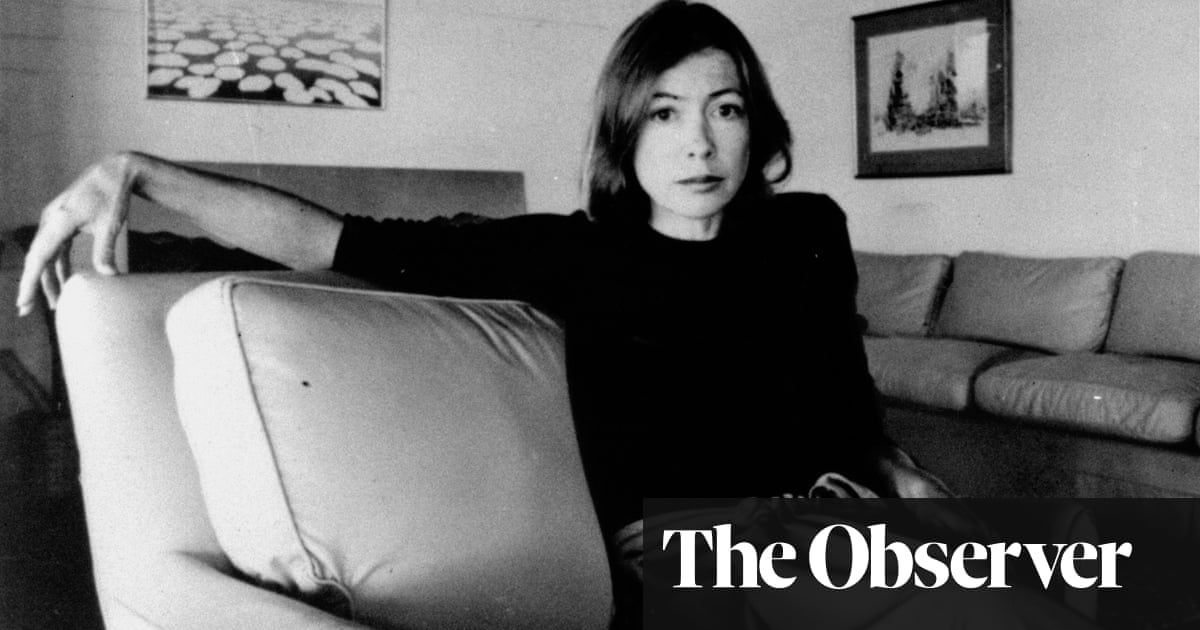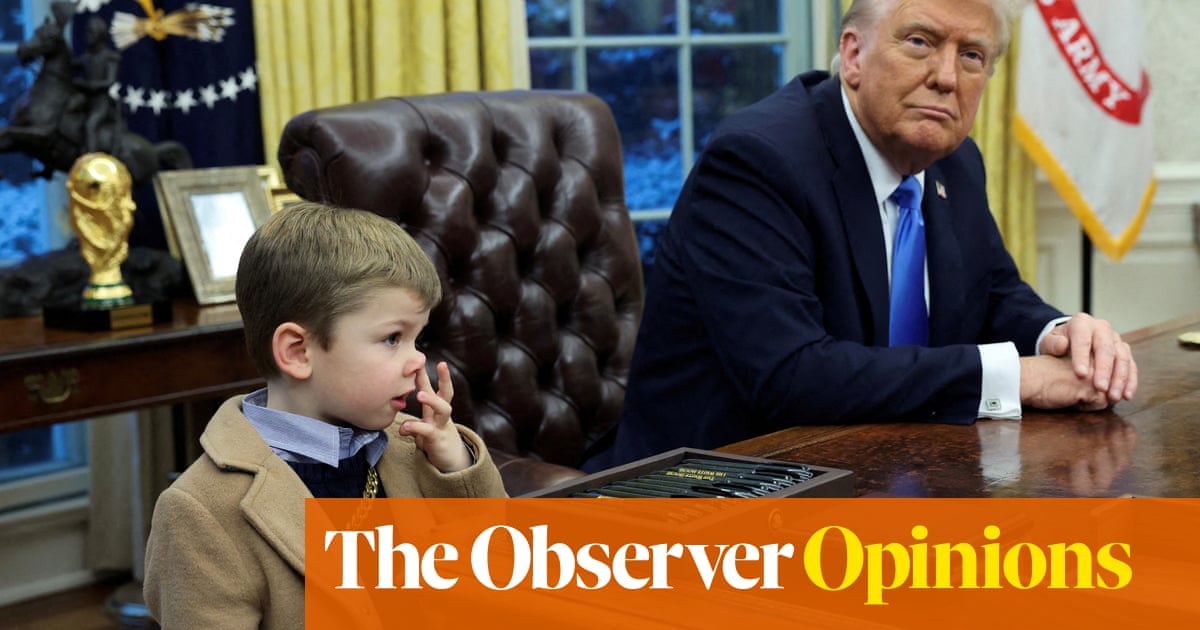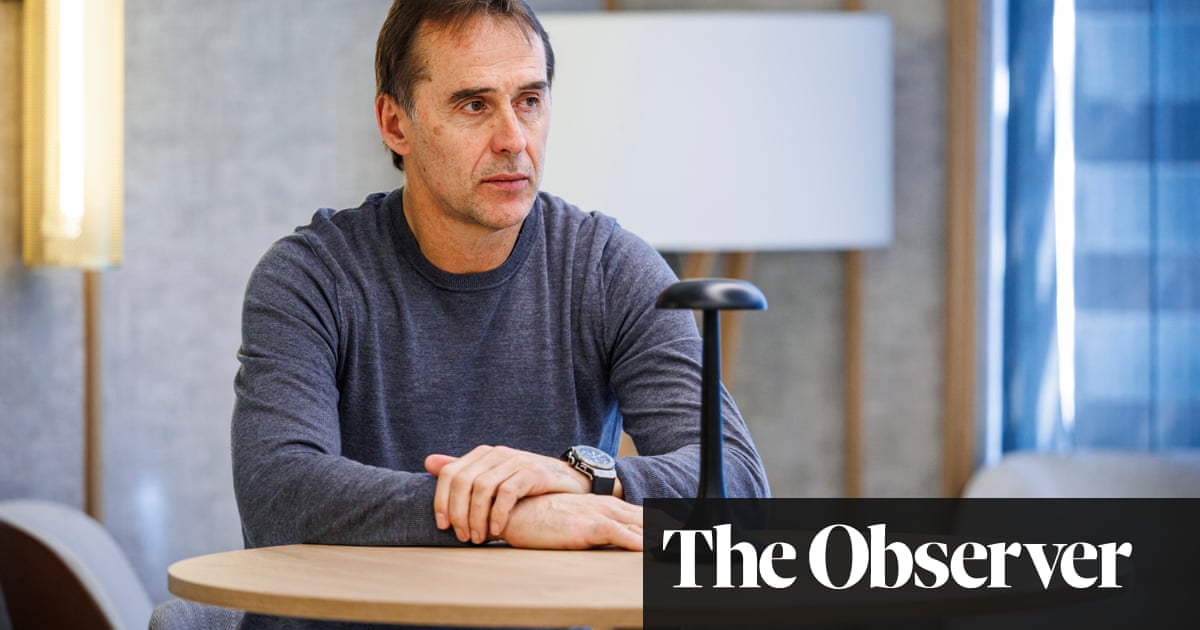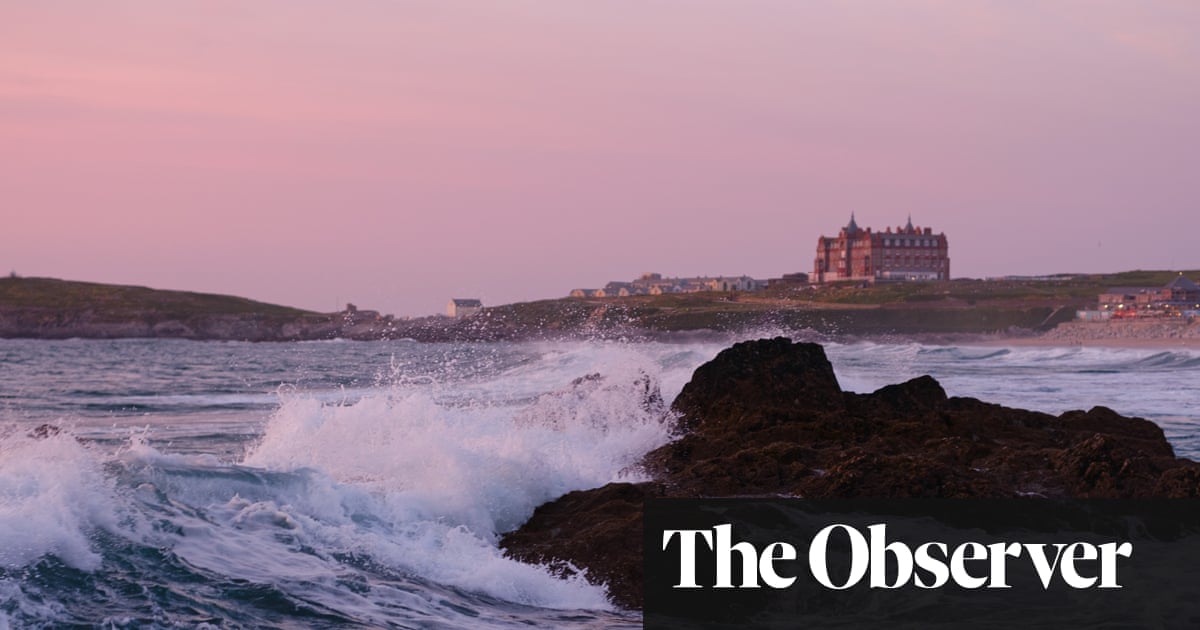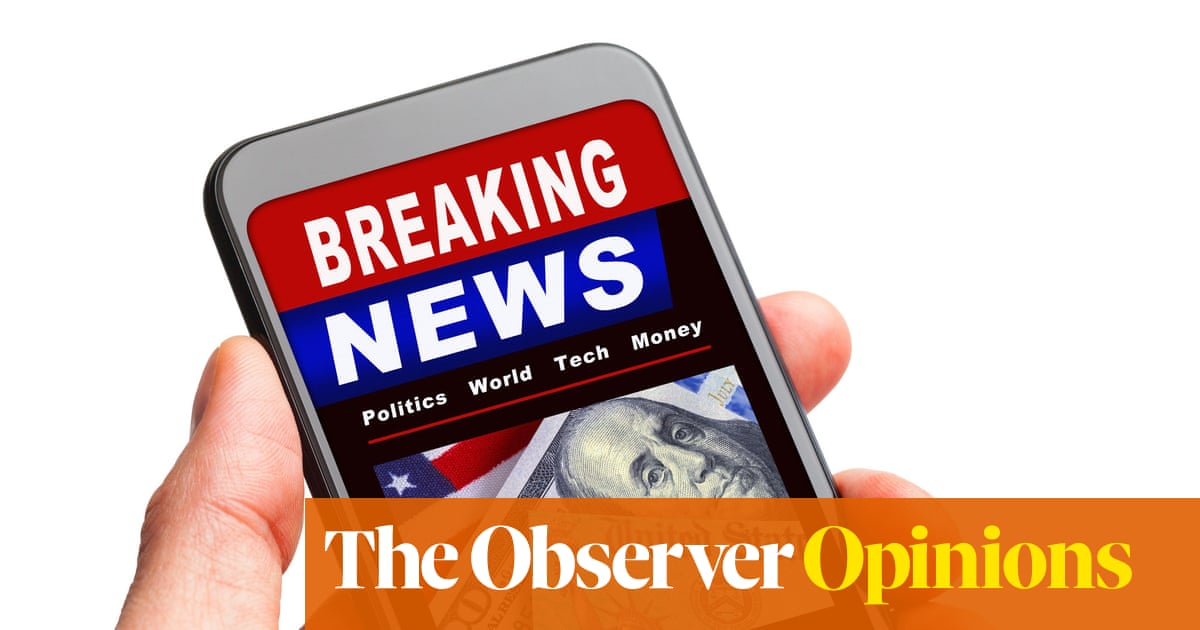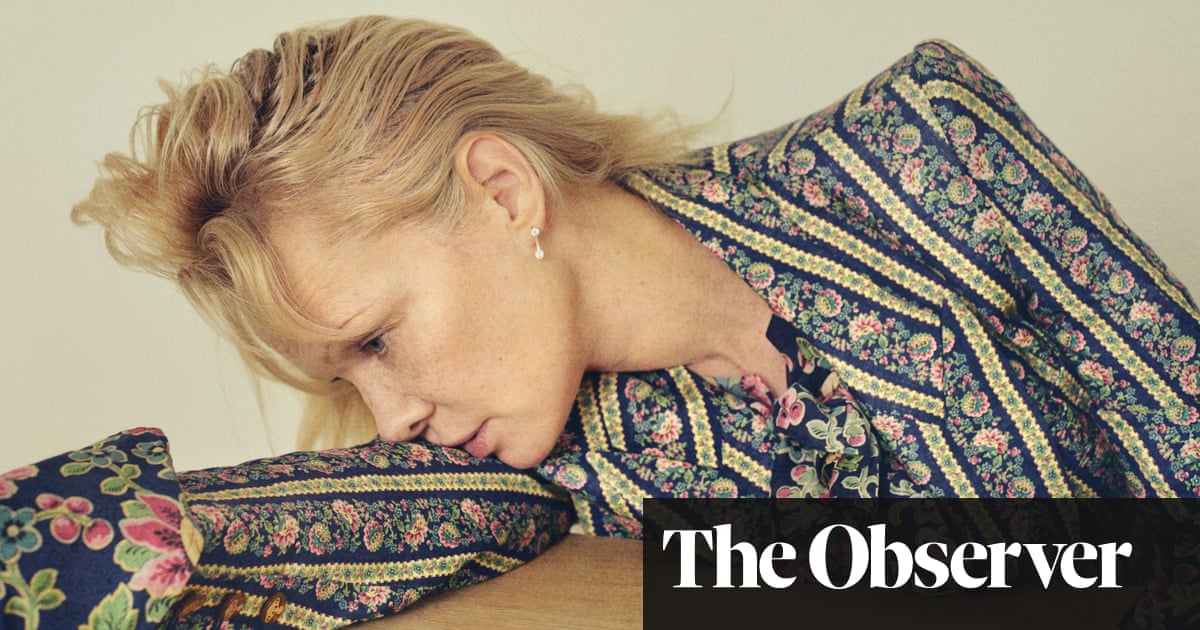Romanians are casting ballots on Sunday in the first round of a presidential election that could pit a far-right nationalist against the incumbent leftist prime minister in the runoff.
Thirteen candidates are vying for the presidency in the EU and Nato member country and the vote is expected to go to a second round on 8 December. Polls opened at 7am local time (05.00 GMT) and will close at 9pm. Romanians abroad have been able to vote since Friday.
By 6pm, 8.2 million people – about 45% of eligible voters – had cast ballots, according to the central election bureau.
In the final vote George Simion, the leader of the far-right Alliance for the Unity of Romanians (AUR), could face off against the incumbent prime minister, Marcel Ciolacu, backed by Romania’s largest party, the Social Democratic party (PSD).
The presidential role carries a five-year term and has significant decision-making powers in areas such as national security, foreign policy, and judicial appointments.
Romania will also hold parliamentary elections on 1 December that will determine the next government and prime minister.
Simion, 38, is a vocal supporter of the US president-elect, Donald Trump, and has long been a controversial figure. He campaigned for reunification with Moldova, which this year renewed a five-year ban on him entering the country because of security concerns, and he is banned for the same reason from entering neighbouring Ukraine.
“I would like that in the next five to 10 years, for Romanians to be really proud to be Romanians, to promote Romanian culture, Romanian products,” he told reporters on Wednesday in the capital, Bucharest. “As a Romanian president, I will promote Romanian interests. In most cases, Romanian interests coincide with partner interests.”

Ecaterina Nawadia, a 20-year-old architecture student, said she voted for the first time in a national election on Sunday and hopes young people turn out in high numbers.
“Since the [1989] revolution, we didn’t have a really good president,” she said. “I hope most of the people my age went to vote … because the leading candidate is not the best option.”
Cristian Andrei, a political consultant based in Bucharest, said Sunday’s vote would be “a tight race” in which the diaspora would probably play a key role in which candidates made it to the runoff.
“We are at a point where Romania can easily divert or slip toward a populist regime because [voter] dissatisfaction is pretty large among a lot of people from all social strata,” he said. “And the temptation for any regime, any leader, will be to go on a populist road.”
He added that Romania’s large budget deficit and high inflation, and an economic slowdown could push more mainstream candidates to shift toward populist stances amid widespread dissatisfaction.
after newsletter promotion
Ciolacu said that if elected one of his biggest goals was “to convince Romanians that it is worth staying at home or returning” to Romania, which has a large diaspora spread throughout EU countries.
“Romania has a huge chance to become a developed economy in the next 10 years, where honest work is fairly rewarded and people have the security of a better life,” he said. “But for this, we need balance and responsibility ... I am running for the presidency of Romania because we need a change.”
Other key candidates include Elena Lasconi of the Save Romania Union party (USR); the former Nato deputy general secretary Mircea Geoană, who is running independently; and Nicolae Ciucă, a former army general and head of the centre-right National Liberal party, which is in a tense coalition with the PSD.
Geoană, a former foreign minister and ambassador to the US, said he believed his international experience qualified him above the other candidates: “I think I bring a lot of competence and experience and connections in this complicated world.”
Lasconi, a former journalist and the leader of the USR, said she saw corruption as one of the biggest problems facing Romania and that she supported increased defence spending and continued aid to Ukraine.
Romania has been a staunch ally of Ukraine since Russia launched a full-scale invasion in February 2022. But Simion said he opposed Romania, which has sent a Patriot missile system to Ukraine, contributing further military aid and he hoped Trump could stop the war.
In 2020, the AUR went from relative obscurity to gaining 9% in a parliamentary vote, allowing it to enter parliament. Opponents have long accused Simion and the party of being extremists, charges he denies.
“We are sort of a Trumpist party in this new wave of patriotic political parties in Europe,” Simion said.

 2 months ago
45
2 months ago
45



